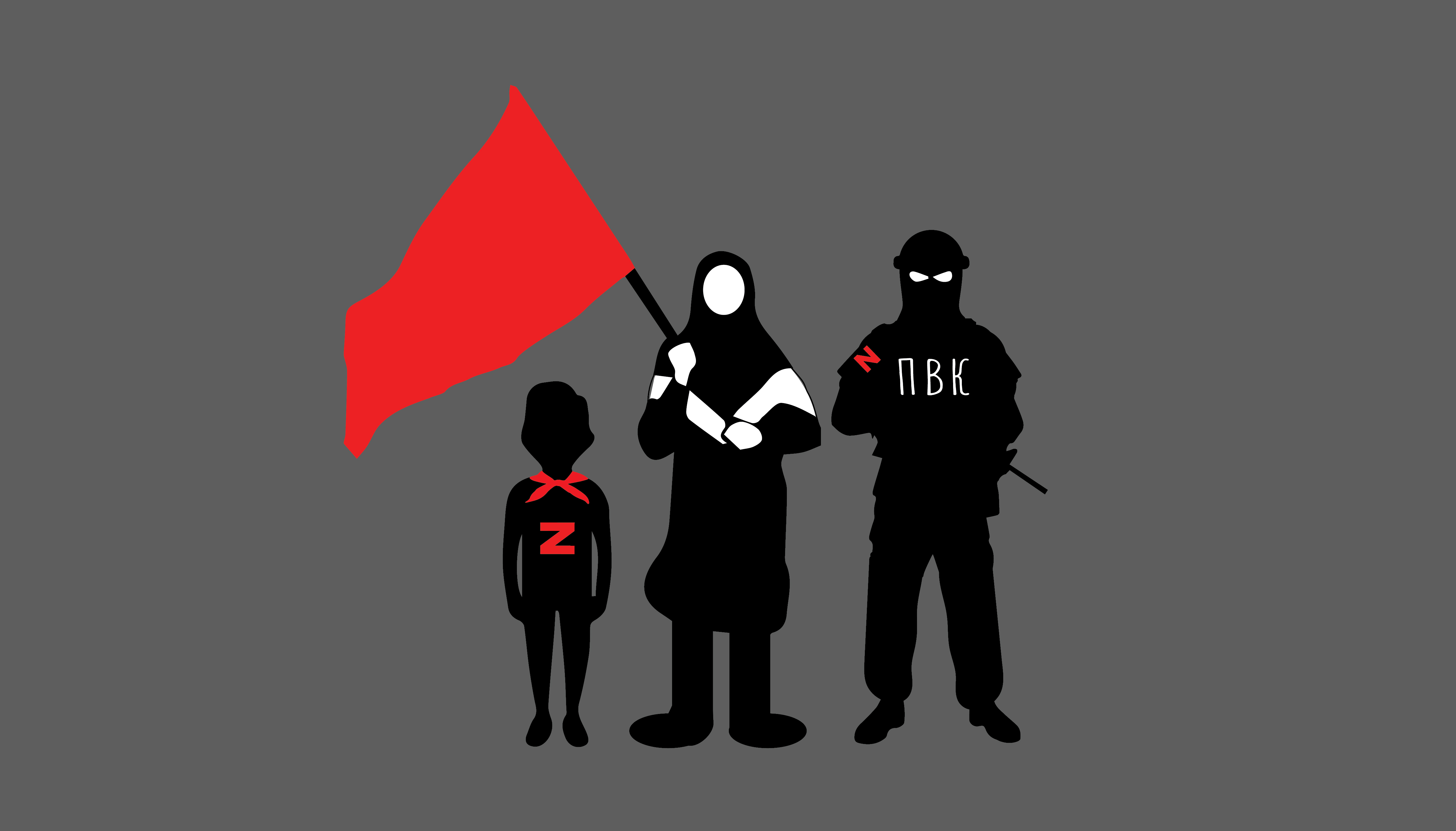

Greetings from the Detector Media Research Center's team of analysts! Welcome to the latest edition of our newsletter, where we will discuss why Anatoliy Shariy's apparent pro-Ukrainian stance should be questioned, how Russia fabricates heroes to lift the spirits of its population, and the disinformation messages the Russian propaganda machine disseminates across 11 nations on various continents.
The Detector Media analysts, in collaboration with LetsData, have investigated the primary Russian disinformation narratives circulating in the media of the so-called "Global South." These countries include 4 Asian nations (Kazakhstan, India, Turkey, and Indonesia), 5 African nations (Kenya, Egypt, Ghana, Nigeria, and South Africa), and 2 Latin American nations (Argentina and Brazil). For instance, both pro-Russian and pro-Ukrainian narratives are found equally in Turkey's media discourse, while Nigerian media spread messages claiming that Western support for Ukraine exceeds that provided to Nigeria, which is grappling with numerous security issues. Key narratives disseminated in these countries consist of Ukraine being a puppet of the West; NATO countries being at war with Russia; Russia being a victim of Russophobia and discrimination, and Ukraine not requiring assistance. Discover more about this topic here.
We also encourage you to delve into what Anatoliy Shariy, a Ukrainian yet distinctly pro-Russian blogger with several million followers, has written over the past year. In a Detector Media study, analysts scrutinized how his rhetoric has evolved and determined that, although Shariy attempts to project an image of a neutral blogger who supports neither Ukrainian nor Russian governments and is concerned about the Ukrainian people, his stance remains pro-Russian. A comprehensive explanation of "why?" can be found here.
Do you recall the recent episode when Russian propagandists visited the courageous boy Fyodor in the hospital, who was said to have saved numerous lives while battling the malevolent Ukrainians and managing to survive? We remember, and we know that Fyodor is a creation of the propagandists designed to boost the morale of millions. Lesia Bidochko, a Detector Media analyst, has extensively examined the Russian propaganda technique known as heroization. Prior to the full-scale war against Ukraine, Russian propaganda predominantly utilized images of victims and martyrs; however, they have now shifted to fabricating their own heroes, such as "Fyodor the boy," "the grandmother with a red flag," and Wagner PMC mercenaries with criminal backgrounds. Learn more here.
In recent months, analysts have dedicated their efforts to elucidating the various propaganda strategies employed by Russians and the way they are implemented. For instance, analyst Oleksiy Pivtorak examined the primary tactics and messages utilized by Russian propagandists when reporting on the situation in the Ukrainian city of Bakhmut. The Russian propaganda machine stresses the futility of the Ukrainian defense efforts and the inevitability of Russian forces' triumph, with the aim of demoralizing both the Ukrainian military and civilians. They also demonize the Ukrainian army by accusing them of committing heinous crimes.
Additionally, analyst Pavlo Khudish has identified the principal tactics of Russian propaganda used to justify their own military setbacks (withdrawal from the Kyiv region, loss of portions of the Kharkiv and the right-bank Kherson regions).
The researchers at Detector Media also consistently update the Chronicle of Russian Disinformation and compile collections of Russian propaganda narratives pertaining to major events, such as the previously neutral Finland joining NATO or the arrest of Donald Trump.
Detector Media together with our partners participated in the drafting of an analytical report about the Ukrainian civil society successes in countering Russian disinformation and propaganda. The report was released in February 2023.
You can find its full version here.
But that's not all. Our partners are also engaged in valuable and interesting endeavors. Here's what they say about their project:
“Narrative Break is your one-stop brief for trending anti-science disinfo in Central & Eastern Europe. Biweekly we follow the requests by our partners to investigate emerging anti-science disinformation trends in the region. We help our partner journalists to empower their science reporting and our partner fact-checkers - to amplify their research among dozens of our partnering newsrooms and research organizations. This newsletter is presented by Science+ — an international network that empowers disinformation-resistant journalism in Central and Eastern Europe. Sample. Want to subscribe? Send a personal request via newsletter@fpee.eu”.
Thank you for reading our newsletter, let's keep in touch!
Join our mailing list and sign up for the Newsletters
Find our February newsletter here.
Find our January newsletter here.


